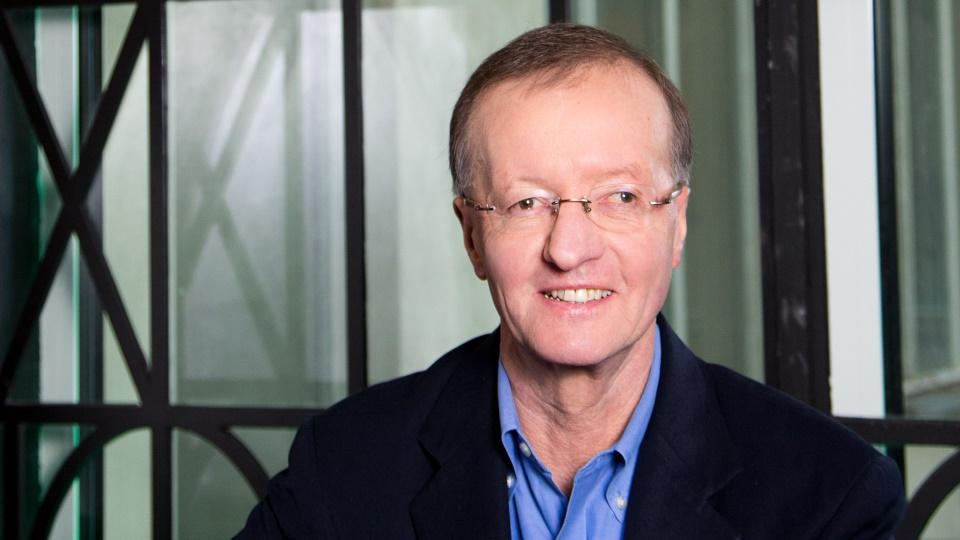Kronos sheds staff despite positive data for cancer drug

Kronos Bio chief executive Norbert Bischofberger
A positive clinical trial is usually a signal for a biotech startup to press the accelerator on its spending, but Kronos Bio is taking a different tack.
The Californian biotech is axing 19% of its workforce and putting some very early-stage R&D programmes on hold in order to plough its resources into lead drug KB-0742, which has just generated positive safety and efficacy data in a phase 1/2 study in solid tumours and non-Hodgkin lymphoma (NHL).
The intention is to conserve cash reserves, which were just over $219 million at the end of the second quarter, and extend its operating position on current financing into 2026.
Chief executive Norbert Bischofberger said the “difficult but necessary” decision would give orally-active CDK9 inhibitor KB-0742 the best chance of success and also leave resources to continue development of SYK inhibitor lanraplenib, currently in a phase 1b/2 study in relapsed/refractory FLT3-mutated acute myeloid leukaemia (AML).
Also unaffected by the restructuring is a $574 million collaboration with Genentech signed earlier this year, including $20 million upfront, which is focusing on small-molecule drugs that modulate transcription factor targets in oncology. Kronos, meanwhile, will concentrate on “maturing projects” in its in-house discovery portfolio.
Data on KB-0742 was recently reported at the AACR/NCI/EORTC congress in Boston, and according to Bischofberger, the data from the phase 1 dose escalation portion of the study “demonstrated on-mechanism, single agent anti-tumour activity in heavily pretreated patients with transcriptionally addicted solid tumours.”
The first-in-human study is being carried out in patients whose cancers express MYC and other transcription factors which control gene expression and can regulate important cellular processes, including cell growth and survival.
Transcription factors have started to generate a buzz in the biotech sector. For many years, they were considered “undruggable,” with fewer than 1% of them successfully targeted for therapeutic development. MYC is amplified in approximately 30% of all solid tumours, and amplified or highly overexpressed in lung, ovarian, and triple-negative breast cancers.
The study revealed evidence of lesion regression with KB-0742 in liposarcoma patients at the highest dose tested, with manageable toxicity, and no evidence of neutropenia.
“We have not yet defined a maximum tolerated dose, and we may unlock even better anti-tumour activity at higher doses or on alternative schedules as the study progresses,” commented Bischofberger.













